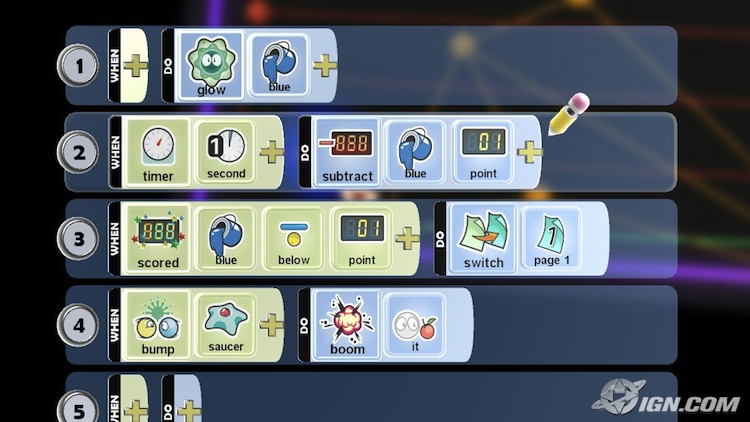That is a classic Edsger Dijkstra-quote, from his little musing "How do we tell truths that might hurt?". Full memo here: http://www.cs.virginia.edu/~evans/cs655/readings/ewd498.htmlI think there are plenty of good coders in this community that started with BASIC.. There wasn't much choice when I was 5-6 years old..Teach 'em python, and they'll never write a badly-indented piece of code againIt is practically impossible to teach good programming style to students that have had prior exposure to BASIC
Dijkstra is, by all accounts, part of the pantheon of computer science. However, I would trust him more with finding a funny putdown of a computer language than with actual advice on computer languages to use. Although he was right at times:
The use of COBOL cripples the mind; its teaching should, therefore, be regarded as a criminal offence.


